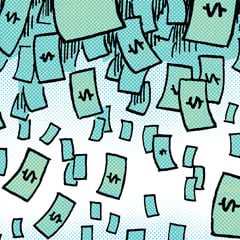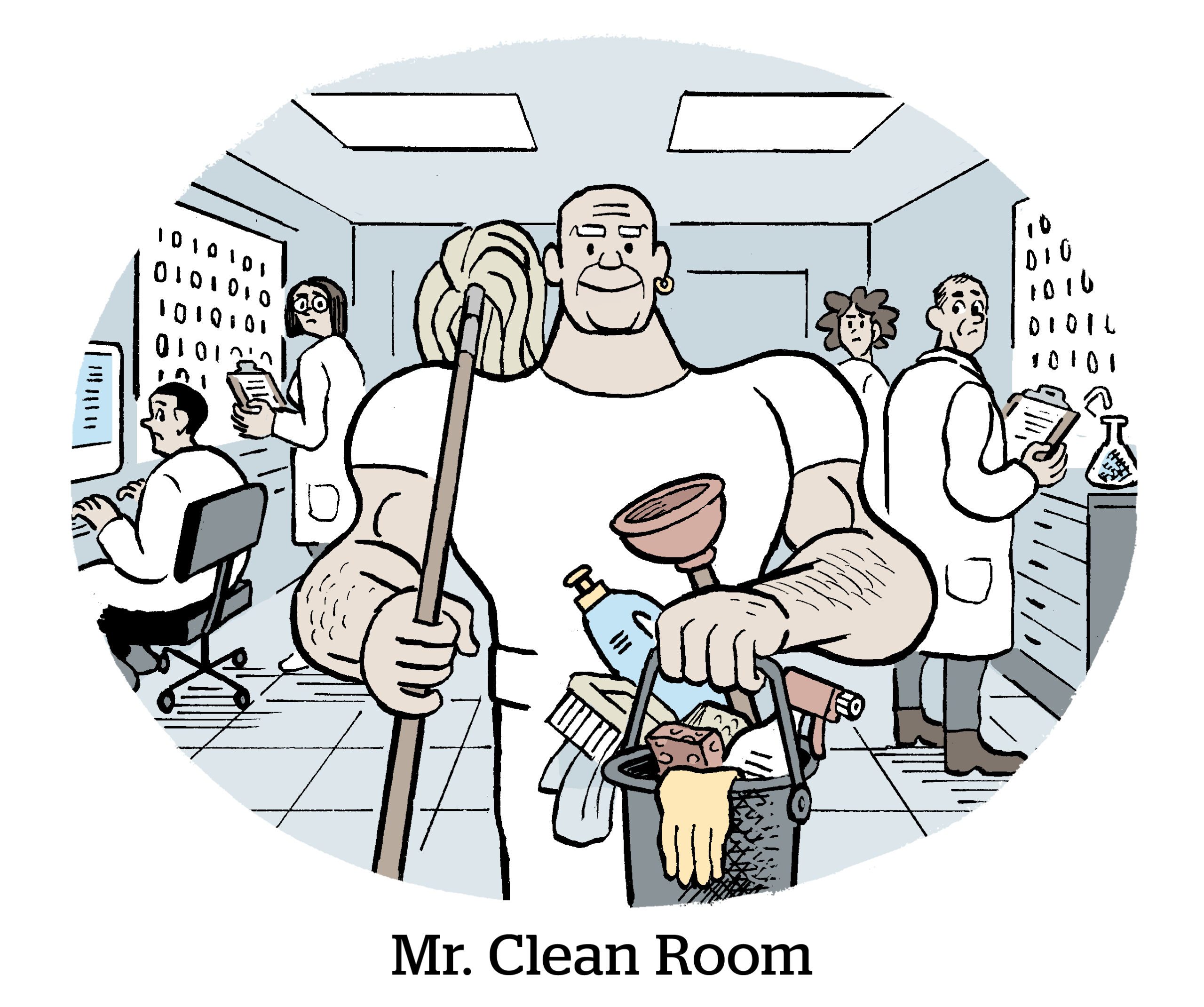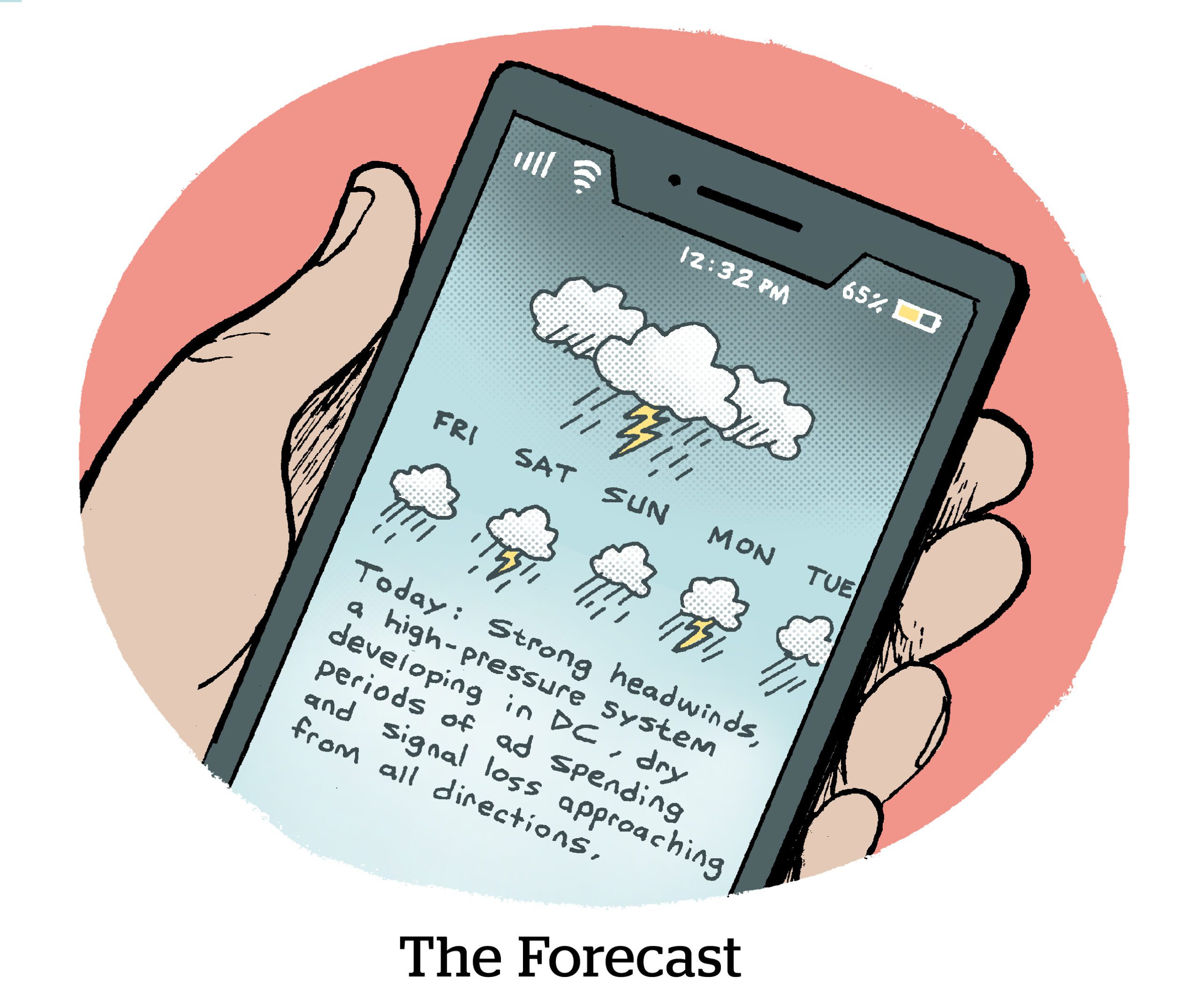
Why is there so much misinformation circulating online?
Because, unfortunately, “it’s a great business,” says L. Gordon Crovitz, a longtime journalist, former publisher of The Wall Street Journal and co-founder of NewsGuard, speaking on this week’s episode of AdExchanger Talks.
NewsGuard estimates that large, well-known advertisers – the sort of advertisers that get very uptight about brand safety – are unintentionally funneling as much as $2.6 billion through programmatic pipes directly to misinformation websites every year.
Put another way, at the same time many advertisers are fretting about their ads appearing on legitimate news sites, they’re also spending programmatic bucks to inadvertently fund COVID-19 conspiracy theories and false narratives about the war in Ukraine.
The irony isn’t lost on Crovitz, who co-founded NewsGuard in 2018 as a service to rate news sites based on how trustworthy they are. Advertisers can use these ratings to create inclusion and exclusion lists that help them to avoid junk while also directing dollars to sites that undeservedly get blocked because of the nature of their coverage.
For example, Crovitz once compared notes with the publisher of PinkNews, a popular UK-based LGBTQ+ website. Crovitz shared that his former colleagues at The Wall Street Journal would sometimes be unable to sell half the site’s ad inventory because it was deemed “brand unsafe.”
That’s the plight of news publishers. But the publisher of PinkNews responded to say that he aspired to have only half of his inventory seen as brand unsafe.
“The word ‘gay’ is on a lot of keyword blocklists,” Crovitz says. “Imagine what that does to a site that serves the gay community.”
Also in this episode: Why AI chatbots will pour fuel on the disinformation fire, the nuanced difference between misinformation and disinformation (they’re not the same thing!) and what it was like to help broker what was possibly the first-ever programmatically sold ad on the internet in the late ’90s. (The anecdote involves Mike Henry, now the CEO of DoubleVerify-owned OpenSlate, who was the head of East Coast sales for WSJ.com back then.)






 By
By 



